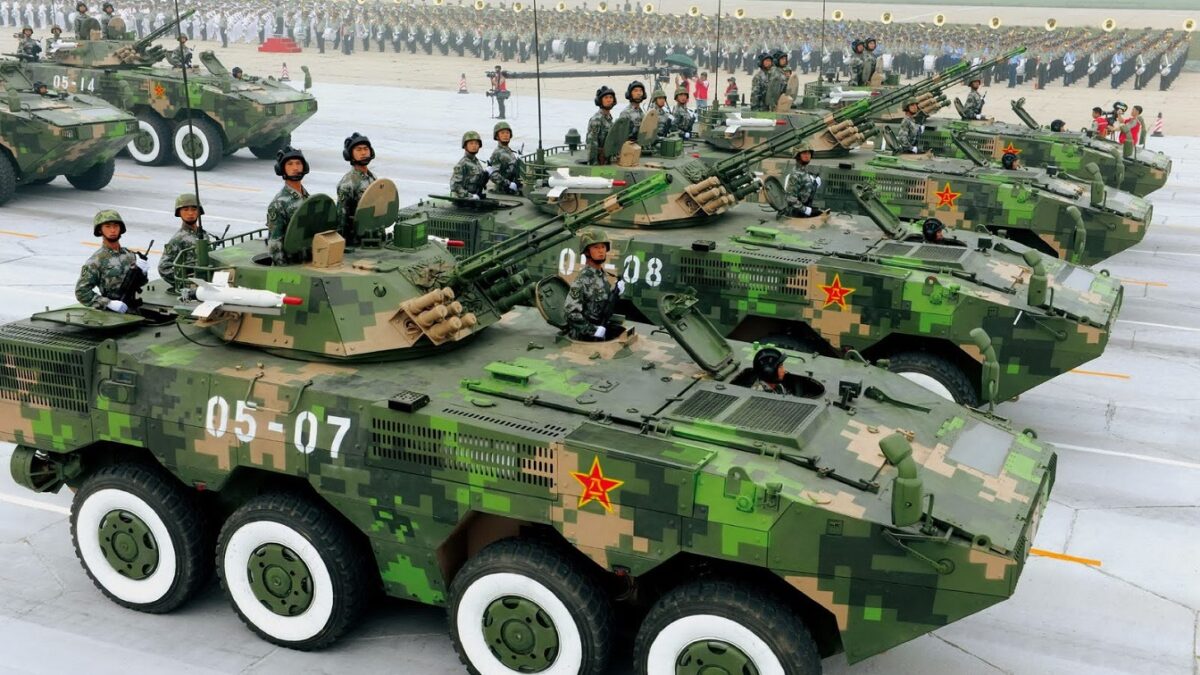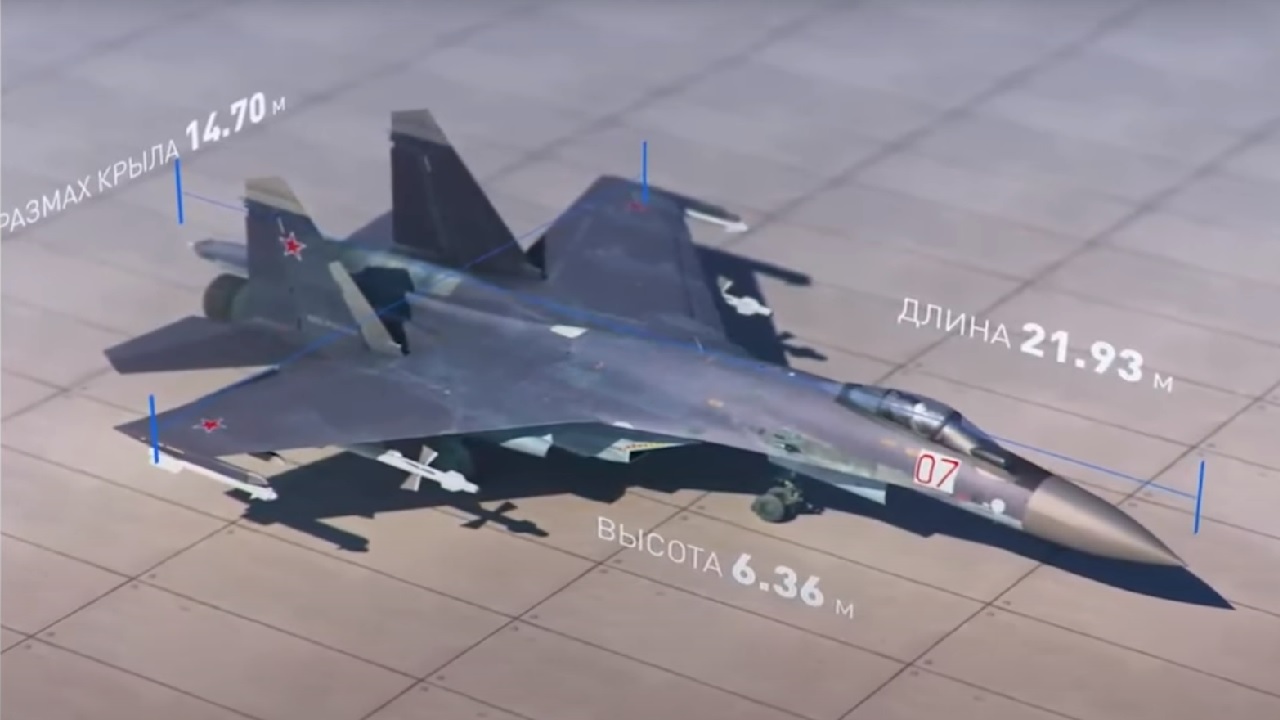Did China Influence Moscow’s Shift On Nuclear Rhetoric? After months of direct and indirect threats of nuclear conflict, the Kremlin changed its tune on nuclear warfare last week. A statement shared on the Russian Foreign Ministry website stressed the importance of avoiding a nuclear conflict and made the Kremlin’s position clear: “Russia is strictly and consistently guided by the tenet that a nuclear war cannot be won and must never be fought.”
The message is vastly different from what Russian President Vladimir Putin told the world in his announcement of a partial mobilization of troops, telling Western leaders that he wasn’t bluffing over his willingness to protect Russia using any means necessary. The world took Putin at his word, and European Union leaders considered it the clearest indication yet that Russia was truly willing to use nuclear weapons.
Josep Borrell, the top policy chief for the European Union, told the BBC that the conflict had reached a “dangerous moment” following Putin’s September speech.
In October, Russia pivoted, accusing Ukraine of preparing a dirty bomb; a kind of weapon that could theoretically scatter radioactive material or dust over a large distance, without actually deploying a nuclear bomb.
Despite calls to defense secretaries all over the world, the Kremlin failed to convince NATO that the plans were real and provided no evidence to support the claims. It resulted in widespread concern that Putin was establishing a narrative that Ukraine was preparing a false flag attack, which would be blamed on Russia, and was preparing to deploy a dirty bomb in Ukraine.
But in November, that changed – and it could be Chinese President Xi Jinping’s doing.
China Factor: What Did Xi Jinping Say?
In a meeting on Friday, the Chinese president told German Chancellor Olaf Scholz that the international community should come together in opposition to the use of nuclear weapons. It was the most direct criticism of Russia’s actions in Ukraine so far, although Xi didn’t go as far as naming Putin or explicitly criticizing his rhetoric throughout the conflict.
Xi said that the world should “reject the threat of nuclear weapons” and even called for leaders to oppose war to stop a “crisis on the Eurasian continent.”
“Nuclear weapons must not be used and nuclear wars must not be fought,” President Xi Jinping said.
The Chinese president took aim at NATO at the same time, however, claiming that Western nations had ignored Moscow’s security interests. He also opposed sanctions levied against Russia, perhaps in a good-faith effort not to throw Putin completely under the bus.
If Russia’s about-face on the use of nuclear weapons is because of Xi’s intervention, and perhaps even private talks between the two leaders, it could tell us that China is not preparing to support Russia militarily in Ukraine. So far, China has refused to provide military equipment and weapons to Russia and has not indicated any intention to do so in the short or long term.
Perhaps, then, Russia was bluffing all along – or China prevented Russia from initiating a global nuclear conflict.

ZBL-08 armored vehicle from China. Image Credit: Creative Commons.
Jack Buckby is a British author, counter-extremism researcher, and journalist based in New York. Reporting on the U.K., Europe, and the U.S., he works to analyze and understand left-wing and right-wing radicalization, and reports on Western governments’ approaches to the pressing issues of today. His books and research papers explore these themes and propose pragmatic solutions to our increasingly polarized society.
Want more 19FortyFive military, defense, and national security, as well as politics and economics analysis from the best experts on Earth? Follow us on Google News, Flipboard, YouTube, Facebook, Twitter, and Linkedin. Also, sign up for our newsletter here. You can also find our code of publishing ethics and standards here. Want to contact us? Email: [email protected]

